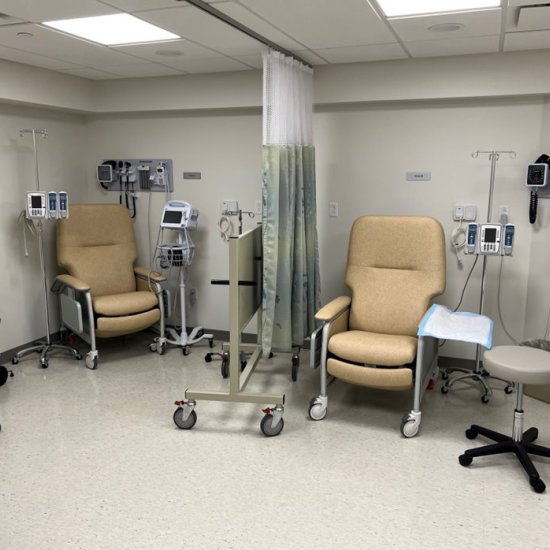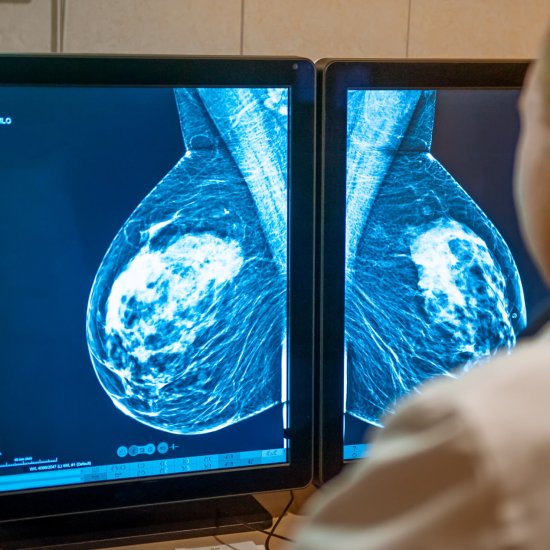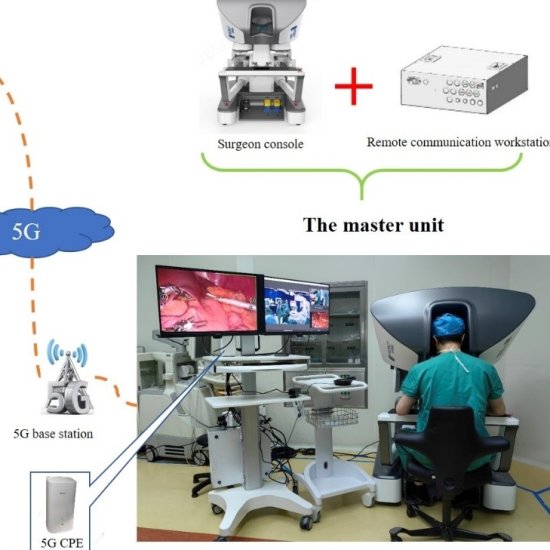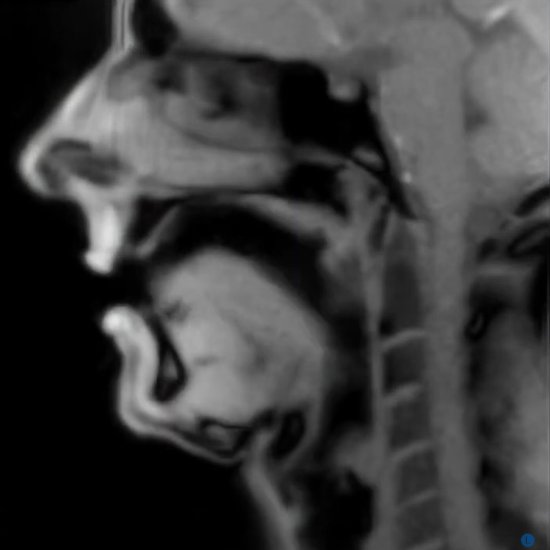
|
|
It's that time again: welcome to our traditional end-of-year roundup of most-read articles in 2024! The past twelve months saw the advent of powerful new imaging equipment and techniques, providing deeper insights into a range of diseases and conditions, and allowing for improved diagnostics. Unsurprisingly, AI has further increased its impact across all medical specialties, with notable examples focusing on automated organ and even cell segmentation, as well as improved staging methods. Generative AI, popularized by ChatGPT and its competitors, also shows enormous potential in healthcare; experts predict that GenAI tools will greatly reduce the administrative burden for healthcare staff, improve doctor-patient communication, and bring many other benefits to the table. Finally, the coronavirus remains relevant well past its pandemic phase; now, the quest for advanced long Covid diagnostics and therapies is on and will certainly continue into 2025 and beyond. Enjoy reading, stay healthy and stay tuned!
|
|
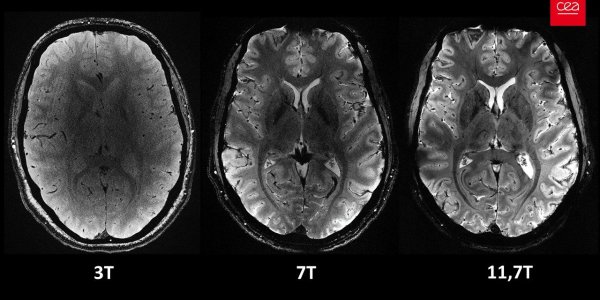 |
News • High-resolution brain imaging
With a field strength of 11.7 T, the Iseult MRI machine currently is the most powerful scanner of its kind. Now, the first images of a living human brain showcase impressive resolution. |
News • Deep learning advances
US researchers have developed a comprehensive deep learning AI model designed to more accurately identify and classify cells in high-content tissue images. |
|
Article • Transformative technology
‘Computer, why did the doctor take that MRI scan of my leg? And what did it show?’: Popularized by OpenAI’s ChatGPT, generative artificial intelligence (AI) is already beginning to see practical applications in medical settings. The technology ... |
|
News • Survey on pathogens of concern
The world has hardly processed Covid-19, so the thought of another pandemic is far from pleasant. Yet, infectious disease experts have picked the most likely candidate in a new survey. |
|
Article • Improving quality and efficiency
Some year in this decade, AI tools will become ubiquitous within clinical laboratories. AI has the potential to increase the accuracy of laboratory testing and improve the quality and efficiency of operations and service of testing labs. |
|
News • Missed in MRI
In some patients with multiple sclerosis (MS), symptoms worsen during treatment, but MRI scans do not indicate any change. In such cases, positron emission tomography could help, a new study suggests. |
|
Article • Professional perspectives
What is an advanced clinical practitioner (ACP) and why should nuclear medicine technologists strive to become one? At the 2024 annual meeting of the SNMMI in Toronto, ACP Luisa Roldão Pereira outlined the position and its importance in the ... |
|
Article • Institutional setup guide at SNMMI 2024
The nuclear medicine global market is projected to see a significant increase in the coming years, with the lion's share being attributed to radiotherapeutics. So, how to set up a dedicated theranostics centre? At the annual meeting of the Society ... |
|
News • Unintended use of wearables
Many aspects of long Covid are still poorly understood, so many sufferers have turned to self-monitoring via wearables. New research explores the benefits and drawbacks of this approach. |
|
News • Immunological improvement
New research provides cause for optimism that long Covid can resolve over time. Following people from the first wave of Covid-19, it monitored the longevity of immune abnormalities after an infection. |
|
Article • Medical imaging
Striking the balance between diagnostic efficacy and patient safety remains critical when utilising iodinated contrast media to deliver the best imaging outcomes. While playing a crucial role in diagnosis and treatment of disease, CT expert ... |
|
Article • Lesion detection and mammographic texture analysis
A team of Danish and Dutch researchers has combined an AI diagnostic tool with a mammographic texture model to improve the assessment of short- and long-term breast cancer risk. This new approach represents a significant step forward in refining the ... |
|
News • BAC as predictor of cardiovascular disease
Measuring the calcium build up in the arteries of the breast, researchers have developed an AI-generated score for predicting cardiovascular disease in women from their mammograms. |
|
News • Telesurgery
A potential milestone for telesurgery: a team of researchers from China reported the first robot-assisted remote radical distal gastrectomy performed using 5G communication technology. |
|
Video • Imaging of speech disorder
What happens in the internal speech muscles when people are stuttering? Researchers now showed the mechanical aspects using real-time MRI. This could lead to better treatments of speech disorders. |
|
|
|
| |
You are receiving this email because you subscribed to our newsletter on healthcare-in-europe If you don’t want to receive this newsletter anymore, click here to unsubscribe.
Keep up-to-date on the latest news from all hospital-related fields!
Subscribe to our bi-monthly newsletter. Copyright © 2025 mgo fachverlage GmbH & Co. KG.
All rights reserved. E.-C.-Baumann-Straße 5, 95326 Kulmbach, Germany
email: newsletter@european-hospital.com |
|



|
|








